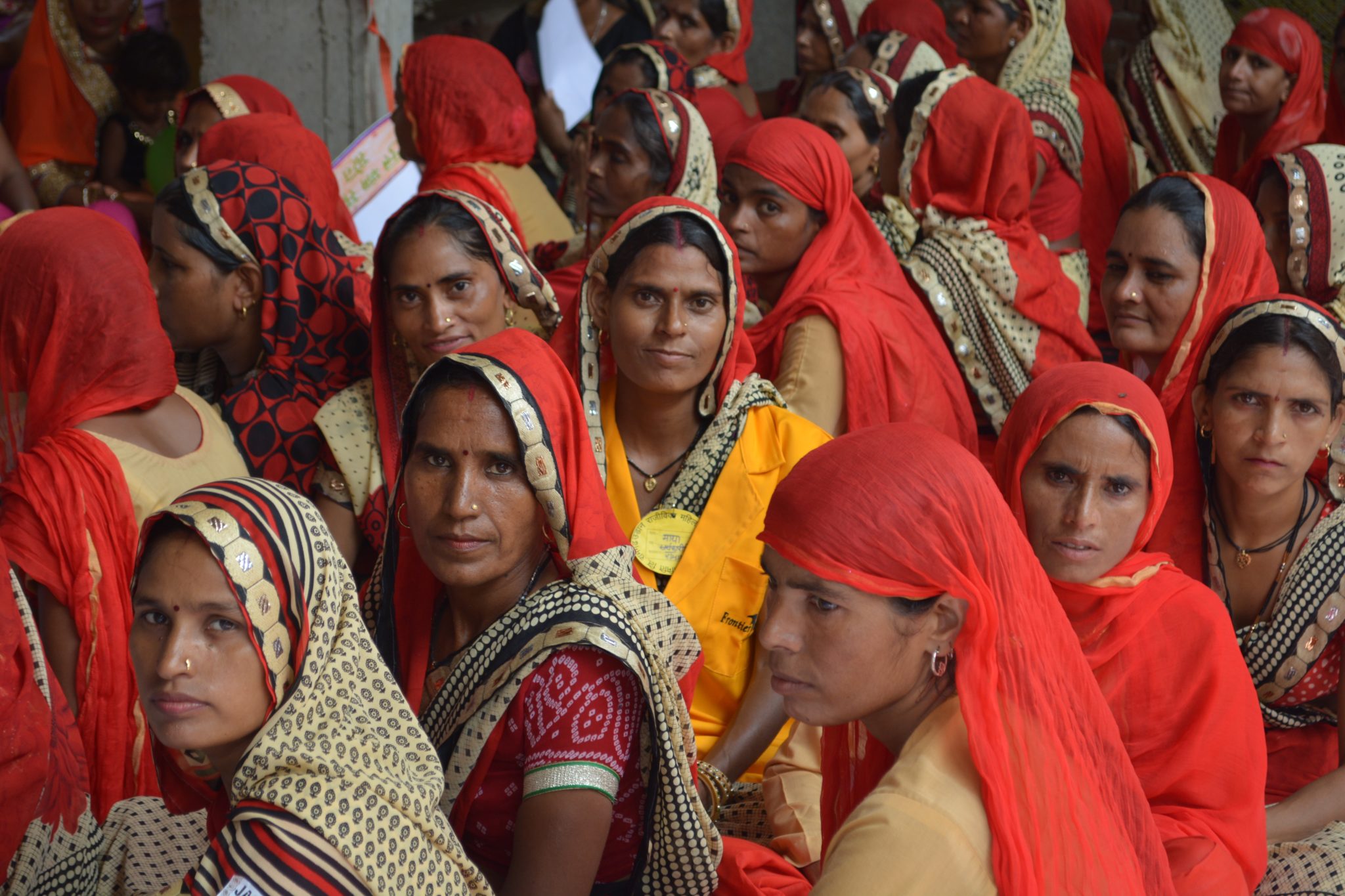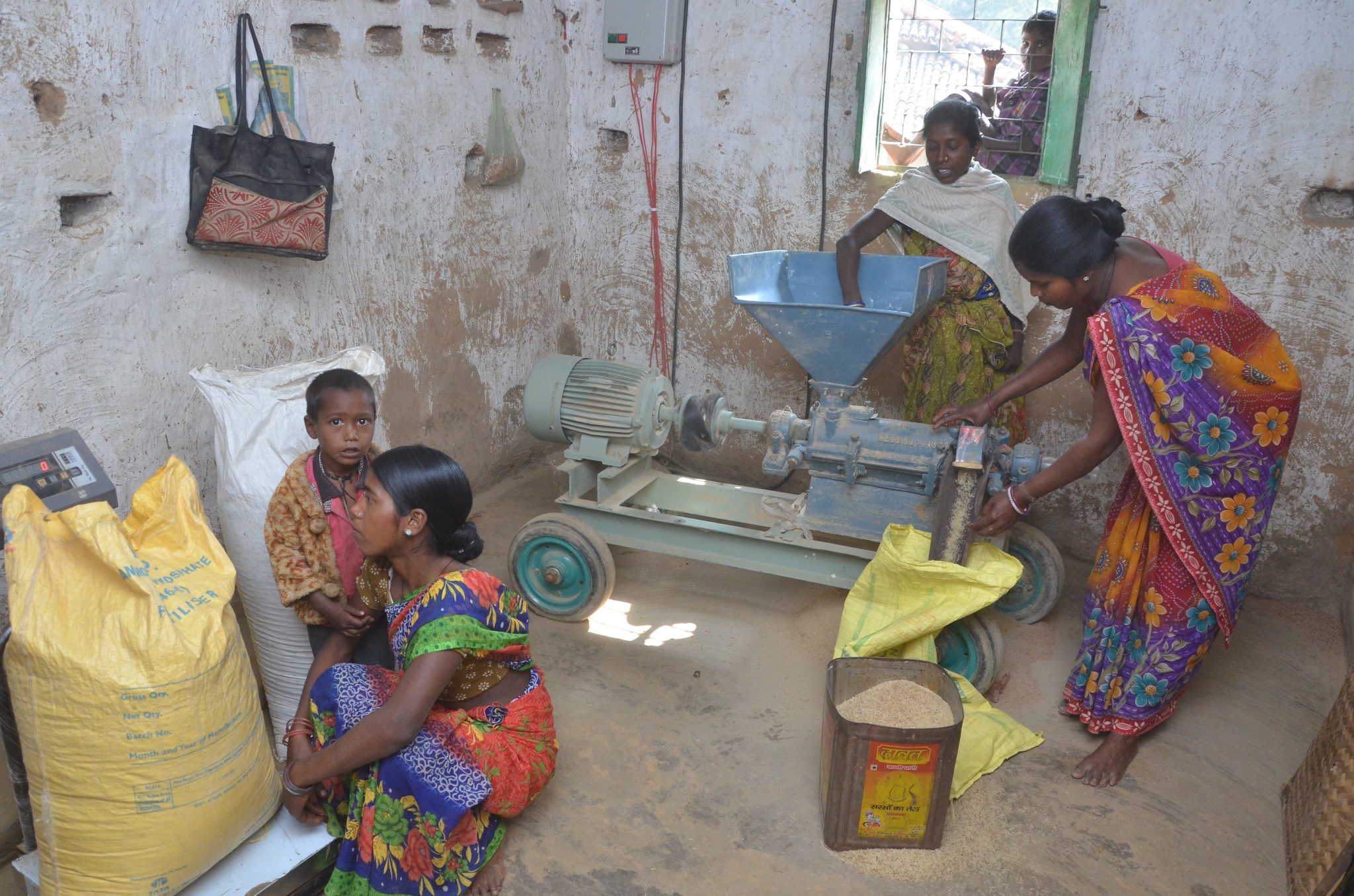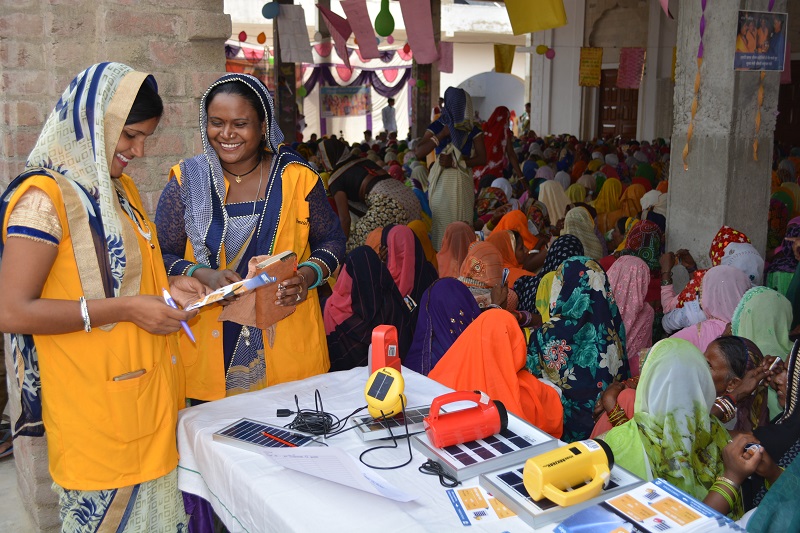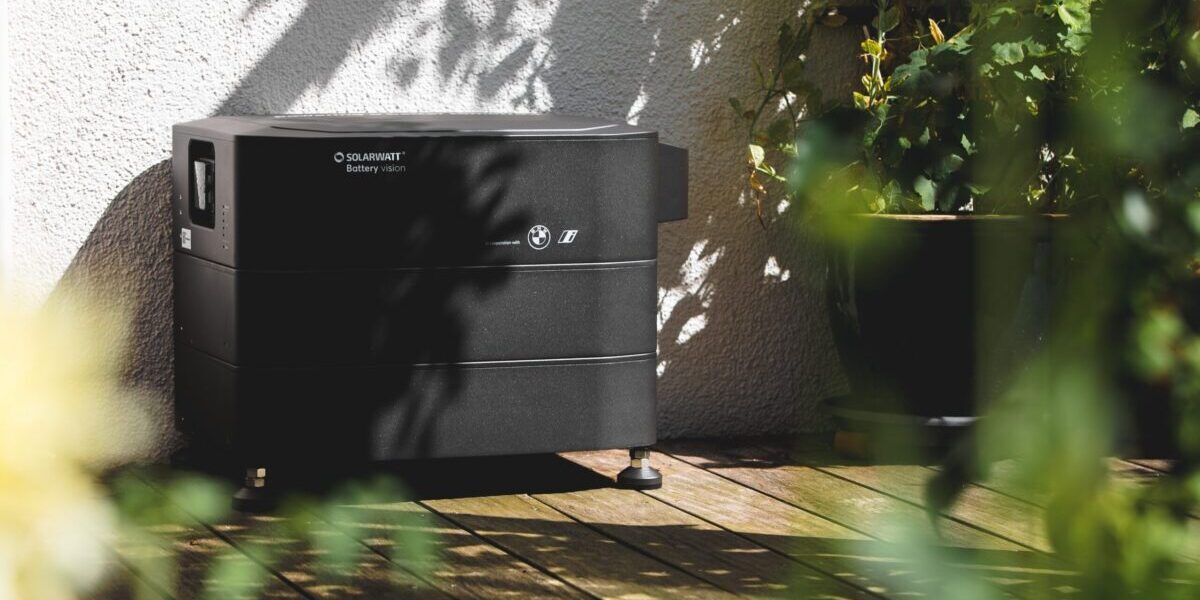During one of the most important events in human life – childbirth – the lack of lighting in rural maternal health clinics presents a life-or-death risk to birthing mothers. Without proper lighting and electricity, midwives, nurses, and doctors cannot safely perform routine birthing procedures. We Care Solar, a California-based non-profit, has deployed 2,600 of their health-specific solar electric system to provide light and essential electricity to maternal health facilities. These compact Solar Suitcases, as they are called, have increased the uptake of skilled care in rural health centers and have contributed to decreases in maternal and perinatal mortality.
While the benefits of energy access are less pronounced on a day-to-day basis than a well-lit childbirth, energy access plays a critical role in empowering women. There is much evidence of the income-generating potential of productivity-enhancing equipment, though this income boost doesn’t necessarily translate into the empowerment of women within their community. Debajit Palit, Senior Researcher at The Energy and Resources Institute (TERI), an India-based think tank, emphasized that “energy is a necessary, but not sufficient, condition to empowerment”.
True empowerment results from a change in perspective of how family and community members think, and behavior towards women in their communities. Through a combination of skill building, energy access and entrepreneurship, organizations in India are empowering women through greater energy access.
Agricultural productivity
Women perform over half of all agricultural work in India, and the agricultural sector employs 75% of all female workers in the country. Given the prominence of agricultural work in women’s lives, productivity-enhancing equipment like water pumps and rice hullers have the potential to reduce working hours, lower costs, and increase revenues for women farmers.
Mlinda, a social enterprise, builds mini-grids in rural villages that power agricultural equipment. Mlinda has been deploying off-grid electrical systems since 2012, starting with 90 kW of capacity across 300 pico-grids powering 1,900 homes in West Bengal and Jharkhand. Since then, Mlinda has built eight mini-grids with a total capacity of 215 kW across nine villages and 1,100 homes. In addition to powering homes, the mini-grids also power irrigation pumps, rice hullers, cold storage, oil expellers, and wheat mills. Mlinda’s next expansion consists of 1 MW of capacity across 41 systems powering 4,100 homes.
In addition to building and operating the mini-grid systems, Mlinda also sells energy efficient appliances and provides business advice for businesses using agricultural equipment. Mlinda recruits women in the communities to educate and market energy efficient applications for domestic and agricultural uses. The enterprise has also set up rice hulling businesses in five villages utilizing existing women’s community groups. Before these rice hulling businesses were created, the village would sell rice paddy (which is rice still in the husk) to middlemen at 10 Indian rupees per kilogram. Now, the women-led hulling businesses buy the rice paddy from their community at a 10% price premium, use the rice hulling machines to remove the rice husk, and sell the hulled rice to urban and semi-urban markets at an additional price premium. Completing the rice hulling within the village allows the community to capture more of the value from the rice they grow: a 10% premium for rice farmers and a 10% profit for the women-led rice hulling business.
“As Mlinda’s model evolved, fostering the rice hulling businesses among groups of women came most natural to the community members,” said Sudeshna Mukherjee, Deputy Country Director of Mlinda. “In the areas of Jharkhand where we are working, community groups already existed and the women felt more comfortable undertaking the business as a group as it spread out the risk.”
Barriers to empowerment
Working with existing community structures and reducing the barriers to entrepreneurship for women are key to empowerment, according to Rachita Misra, senior program manager at the SELCO foundation, an India-based non-profit focused on rural development. “There are numerous barriers to female entrepreneurship such as social norms, a lack of appropriate skill, and a shortage of financing. We have to try and understand these factors in each local context and create adaptive processes keeping the local context in mind. It’s the building of the ecosystem that needs to be scaled.”
Often, state and national policies do not substantially contribute to female empowerment because these policies were written without women’s perspective. When policies and research studies focus on households as the smallest unit, they end up getting the perspective of the male head-of-household. Gender-blind research and policies overlook the needs of women because women’s viewpoints aren’t taken into consideration.
Even when policies are designed to empower women, legal and social norms end up reducing their impact. Govind Kelkar, senior advisor at Landesa and senior technical advisor at ENERGIA, an international NGO focused on gender and energy, told pv magazine about a national subsidy in India allowing women farmers access to discounted agricultural equipment. The catch was that to receive the subsidy, the women would need to be a “farmer”, which in government terminology meant a landholder.
According to Palit of TERI, “in most Indian communities, women’s names are not on land titles. Under Indian law, upon inheritance, sons and daughters should get an equal share of the parent’s assets, but in practice, the sons often take all of the land.” Since women don’t predominantly own land, they are not considered “farmers” by the Indian government and, therefore, were ineligible to receive the agricultural subsidy supposedly designed for women.
Women’s lack of land ownership presents a serious impediment to access to finance as women often lack the collateral necessary to receive a loan. According to Kelkar, there have been some positive developments in increasing assets in women’s names. The central government recently began putting liquefied petroleum gas connections in a women’s name in households below the poverty line.
TERI has undertaken a solar home system program to deploy more than 25,000 systems in Bihar where the solar home systems are registered in the women’s name. The TERI program also integrates women into the supply chain by training users on how to use the solar home system. TERI aims to have 50% of the local enterprises that distribute and maintain the solar lighting systems owned by women.
Even though these changes are small, Kelkar believes there is a virtuous circle between empowerment and energy. “The steady improvements in women’s position in society will result in greater access to energy,” said Kelkar. “Gender empowerment and energy have a two-way relationship: energy access leads to greater gender empowerment, and greater gender empowerment leads to greater energy access.”

increases incomes, and boosts their status within their local communities.
Skill building
“We see solar education as a vehicle for women left out of formal education to gain confidence and believe in themselves,” said Meagan Fallone, CEO of Barefoot College International. Barefoot College trains women between 35 to 50 years-old to assemble and maintain solar home systems for their local villages.
Barefoot College’s model for energy access starts with a community meeting where they teach basic financial literacy to help the community understand the high-cost of their current energy solutions. Barefoot College aims to shift the community’s perspective from a day-to-day mindset to thinking one month, then three months, then a year into the future.
Using financial literacy as a lens to view the community’s energy spending, Barefoot College builds buy-in to invest in improved forms of energy access. The second part of Barefoot’s program is for the community to build an electronics workshop where the female engineer will maintain and repair the community’s solar equipment. The community must also agree to make monthly contributions that pay for the female engineer’s salary and the cost of maintenance.
Once the community has fully bought into the program, a woman in the community is selected to be trained as an engineer. The training occurs over six months and focuses not only on solar engineering but also financial and digital literacy, women’s health, human rights, and sustainability. As part of the training, the women assemble the solar home systems that will be used in their own village. Since they know this system will be used in their own village, there is an immense amount of care and commitment to the assembly.
Another organization that leverages women’s knowledge of and concern for their communities is Frontier Markets, which manages a distribution network of women entrepreneurs that sell off-grid solar lighting systems to their local communities. The Solar Sahelis program trains women in marketing and sales, and provides their entrepreneurs with a portfolio of lighting products. More than 250,000 products have been sold through Frontier Market’s network, reaching 350,000 households. Villagers can also seek service for the lighting products through Frontier Market’s network.

By bringing women into clean energy’s supply chain, Frontier Markets is increasing incomes and providing training in marketing and entrepreneurial opportunities. “Through our work, we are making the case for why investing in women is good business. Our network of women entrepreneurs can convert customers faster, and give insights into how to offer the right product at the right price to the right customer,” says Ajaita Shah, CEO of Frontier Markets.
Realizing synergies in their models, Frontier Markets and Barefoot College have announced a partnership where the organizations will share their training curriculum and their existing networks of entrepreneurs. Over the next three years, the partnership aims to train 10,000 female engineers and entrepreneurs and reach 1,000,000 households, which will increase India’s gross domestic product (GDP) by an estimated $21.5 million. Beyond India, the partnership will scale globally across ten countries.
Don't miss pv magazine December issue
Through the partnership with Frontier Markets, Barefoot College will sell their recently announced product line. Bindi Solar is the first global line of solar home lighting products fabricated, distributed, sold, installed, maintained, and repaired by women.
Equipped with training, new business experience, and an increase in incomes, women in India are being seen differently in their communities, leading to actual empowerment. These changes do not happen instantly but make a difference over the long-term.
According to Mukherjee of Mlinda, “our experience is that an increase in a women’s income doesn’t automatically translate into more decision-making power within a household. However, we have seen that the training and business experience results in more participation in community meetings and within the village. Some of the skills the women have been trained on – like marketing, sales, and dealing with customers – have been used to improve their negotiations within the household and community on things like children’s health and education. They are just more confident in themselves and that makes a difference.”
Author: Dustin Zubke
This content is protected by copyright and may not be reused. If you want to cooperate with us and would like to reuse some of our content, please contact: editors@pv-magazine.com.



Мы ценим Ваше время и разделяем с Вами общие цели. Продвижение Вашего продукта для нас главный приоритет.
Базы для Xrumer на заказ
Продвигаем сайты в ТОП-10 Писать в Skype: Seo promotion
Заказажите продвижение Вашего продукта.
-*****-
It is worth recalling that as per a study conducted by UN, involving women in participation and decision making process of activities related to home and domestic affairs would yield double dividends. It would help them increase their standard and commitment to deliverables which is the important factor for success of any project.
Secondly, involvement of local people is essential to make every project attain success within the timeline set and to reasonable quality standards.
With Barefoot college addressing these two issues in their initiatives, the start of every new initiative is bound to be good. Well begun is half won after all.